Psychology
-
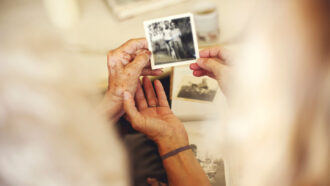 Psychology
PsychologyNostalgia may have bona fide benefits in hard times, like the pandemic
Once described as a disease, nostalgia’s reputation is much improved. Researchers hope to develop mental health therapies that trigger these memories.
By Sujata Gupta -
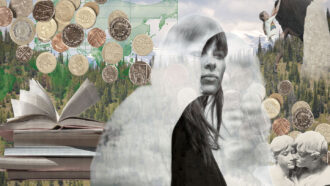 Psychology
PsychologyPerspective-changing experiences, good or bad, can lead to richer lives
Happiness or meaning have long been seen as keys to the “good life.” Psychologists have now defined a third good life for people leading rich psychological lives.
By Sujata Gupta -
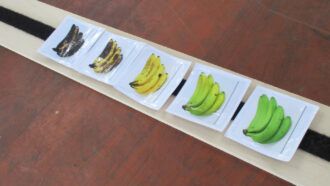 Psychology
PsychologyEveryone maps numbers in space. But why don’t we all use the same directions?
The debate over whether number lines are innate or learned obscures a more fundamental question: Why do we map numbers to space in the first place?
By Sujata Gupta -
 Psychology
Psychology‘Ghost games’ spotlight the psychological effect fans have on referees
Soccer teams won fewer games and received more fouls when playing at home during the 2019–2020 season, when many fans were absent, than before the pandemic.
By Nikk Ogasa -
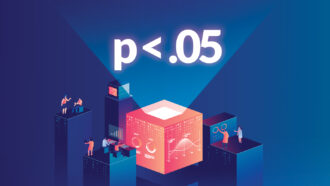 Psychology
PsychologyHow the strange idea of ‘statistical significance’ was born
A mathematical ritual known as null hypothesis significance testing has led researchers astray since the 1950s.
By Bruce Bower -
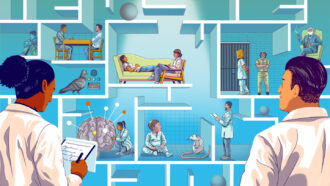 Psychology
PsychologyPsychology has struggled for a century to make sense of the mind
Research into what makes us tick has been messy and contentious, but has led to intriguing insights.
By Bruce Bower -
 Science & Society
Science & SocietyMoral judgments about an activity’s COVID-19 risk can lead people astray
People use values and beliefs as a shortcut to determine how risky an activity is during the pandemic. Those biases can lead people astray.
By Sujata Gupta -
 Neuroscience
NeurosciencePlaying brain training games regularly doesn’t boost brainpower
Comparing brain training program users with those who don’t do the mini brain workouts, scientists found no proof that the regimens boosted brainpower.
-
 Psychology
PsychologySmall bribes may help people build healthy handwashing habits
Getting people to wash their hands is notoriously difficult. Doling out nice soap dispensers and rewards helps people develop the habit.
By Sujata Gupta -
 Neuroscience
NeuroscienceSurprisingly, humans recognize joyful screams faster than fearful screams
Scientists believed we evolved to respond to alarming screams faster than non-alarming ones, but experiments show our brains may be wired differently.
-
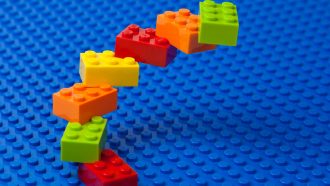 Psychology
PsychologyPeople add by default even when subtraction makes more sense
People default to addition when solving puzzles and problems, even when subtraction works better. That could underlie some modern-day excesses.
By Sujata Gupta -
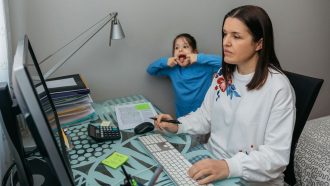 Science & Society
Science & SocietyParents in Western countries report the highest levels of burnout
The first survey comparing parental exhaustion across 42 countries links it to a culture of self-reliance.
By Sujata Gupta